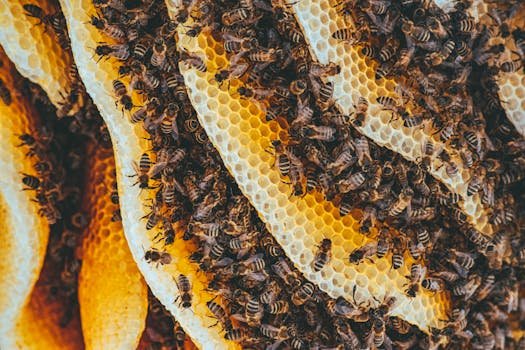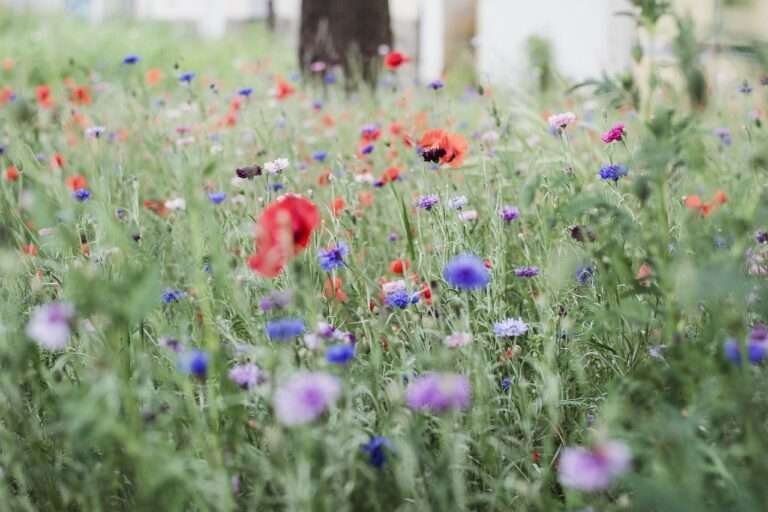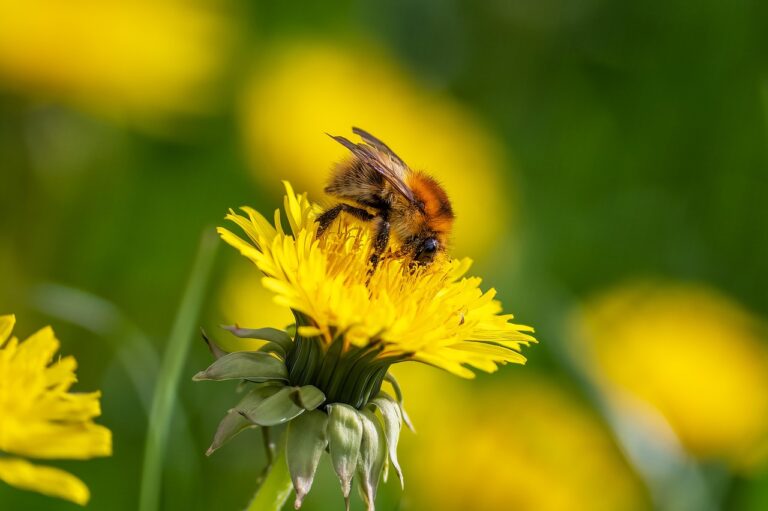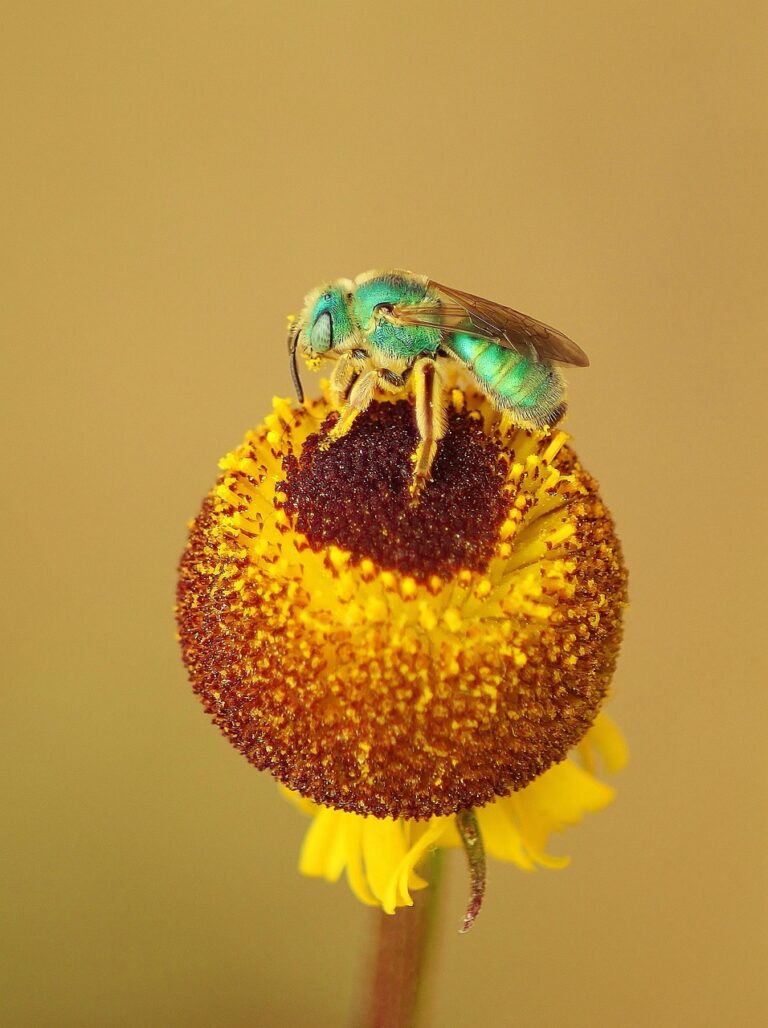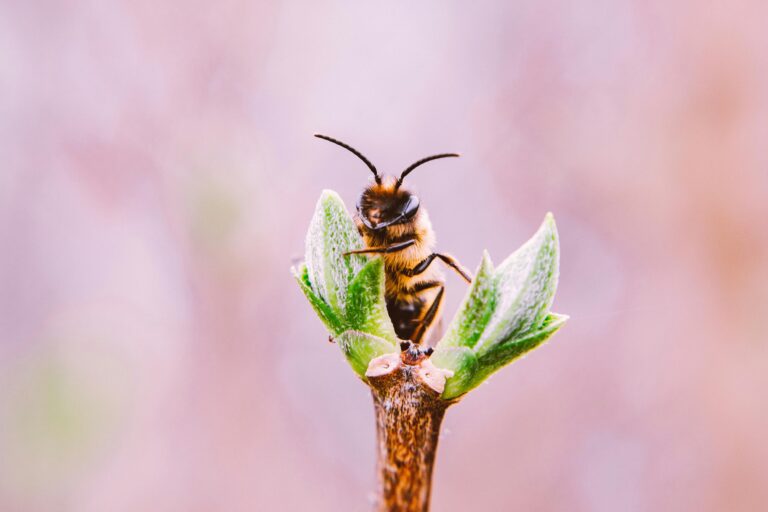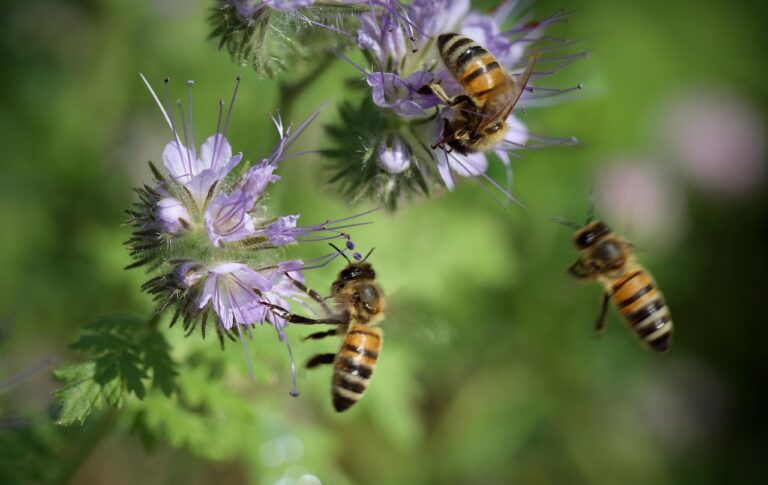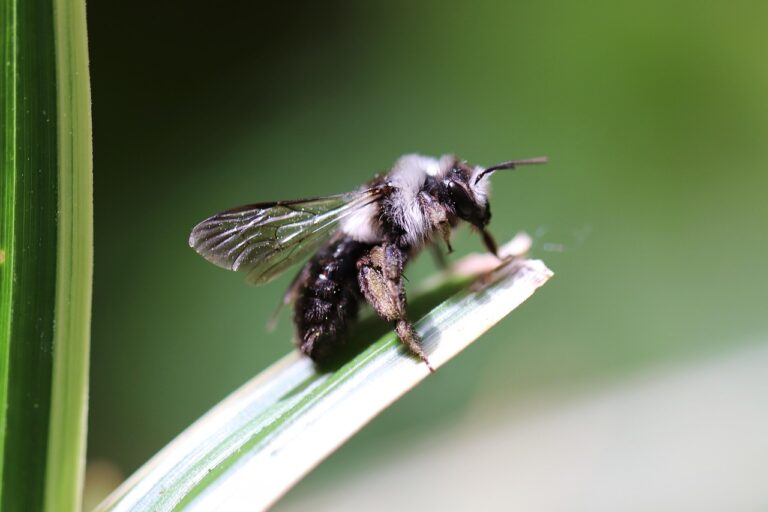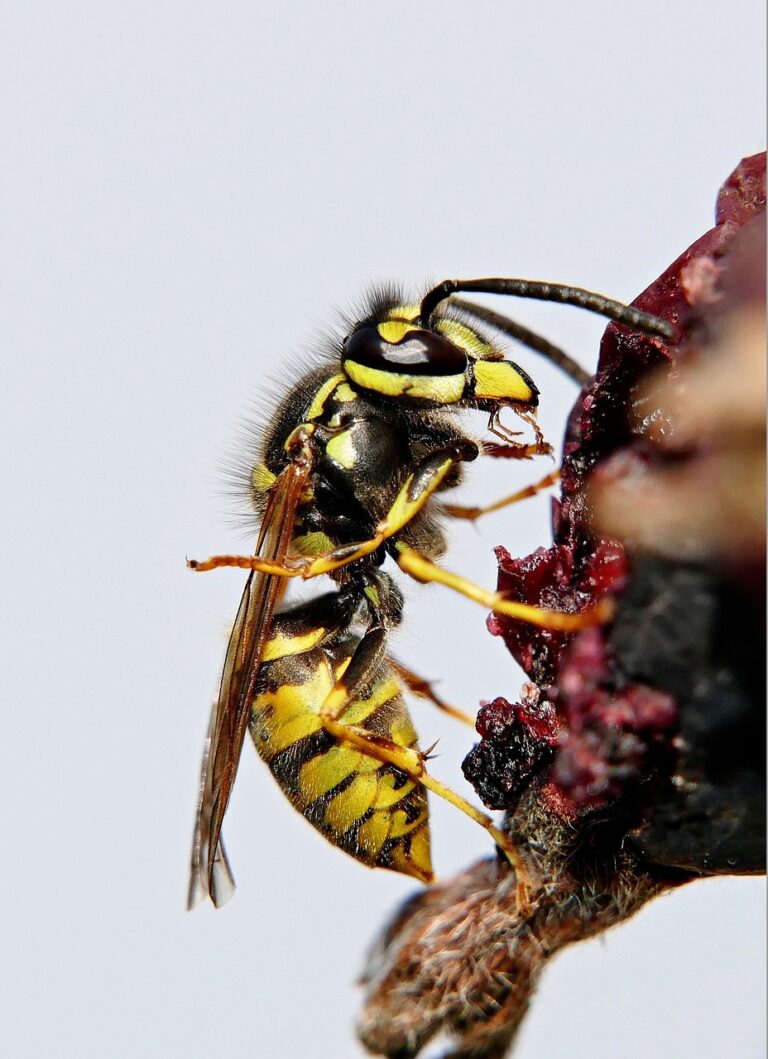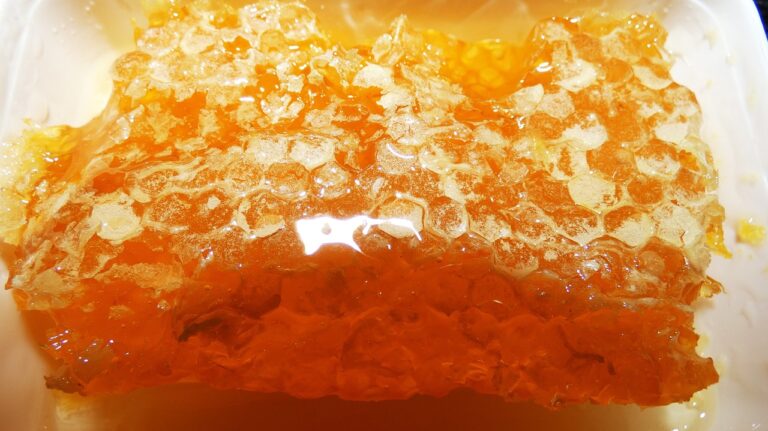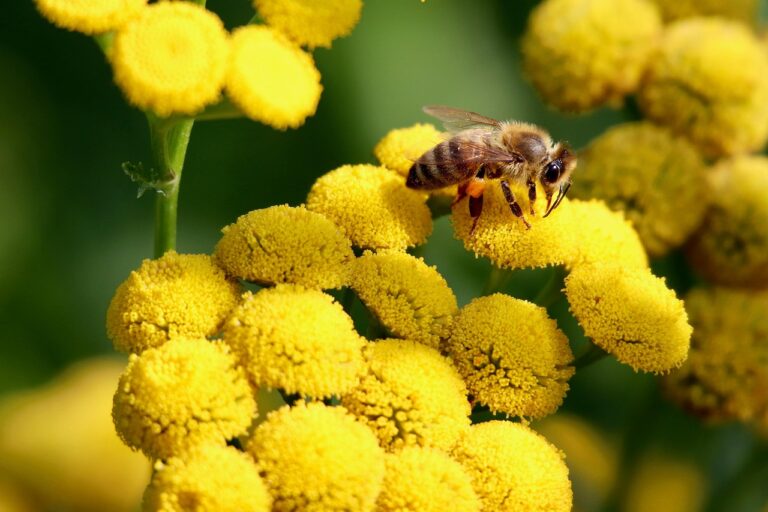What Role Do Feral Honeybee Colonies Play Today?
Image by Ion Ion Ceban @ionelceban via Pexals Role Of Feral Honey Bees Feral honey bee colonies—those living outside direct human management—play several important roles in the U.S. today: In Summary Some experts argue that feral colonies can serve as “reservoirs” for bee diseases and parasites, which may impact managed bees and potentially native bee populations. […]
What Role Do Feral Honeybee Colonies Play Today? Read More »

